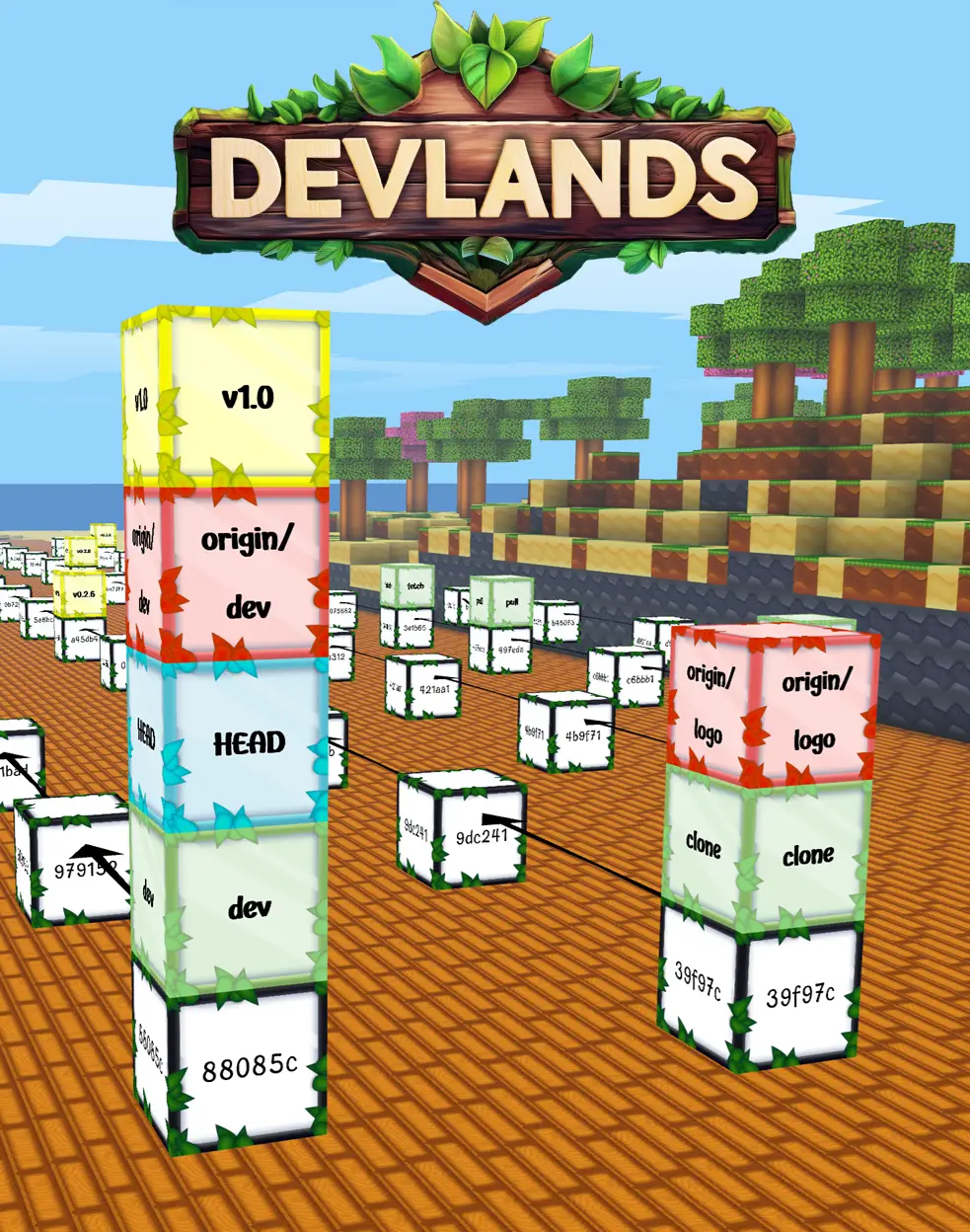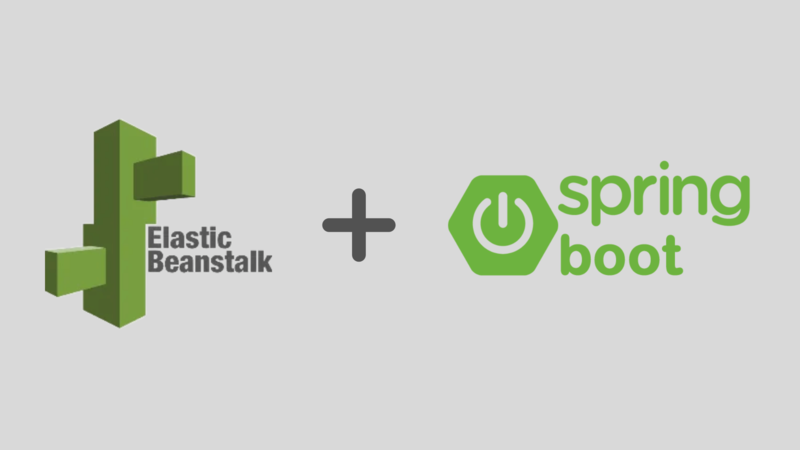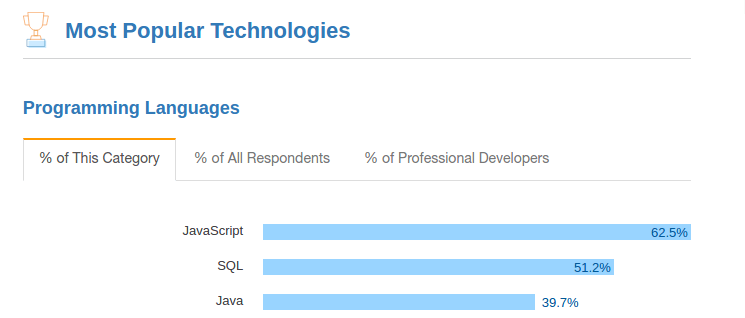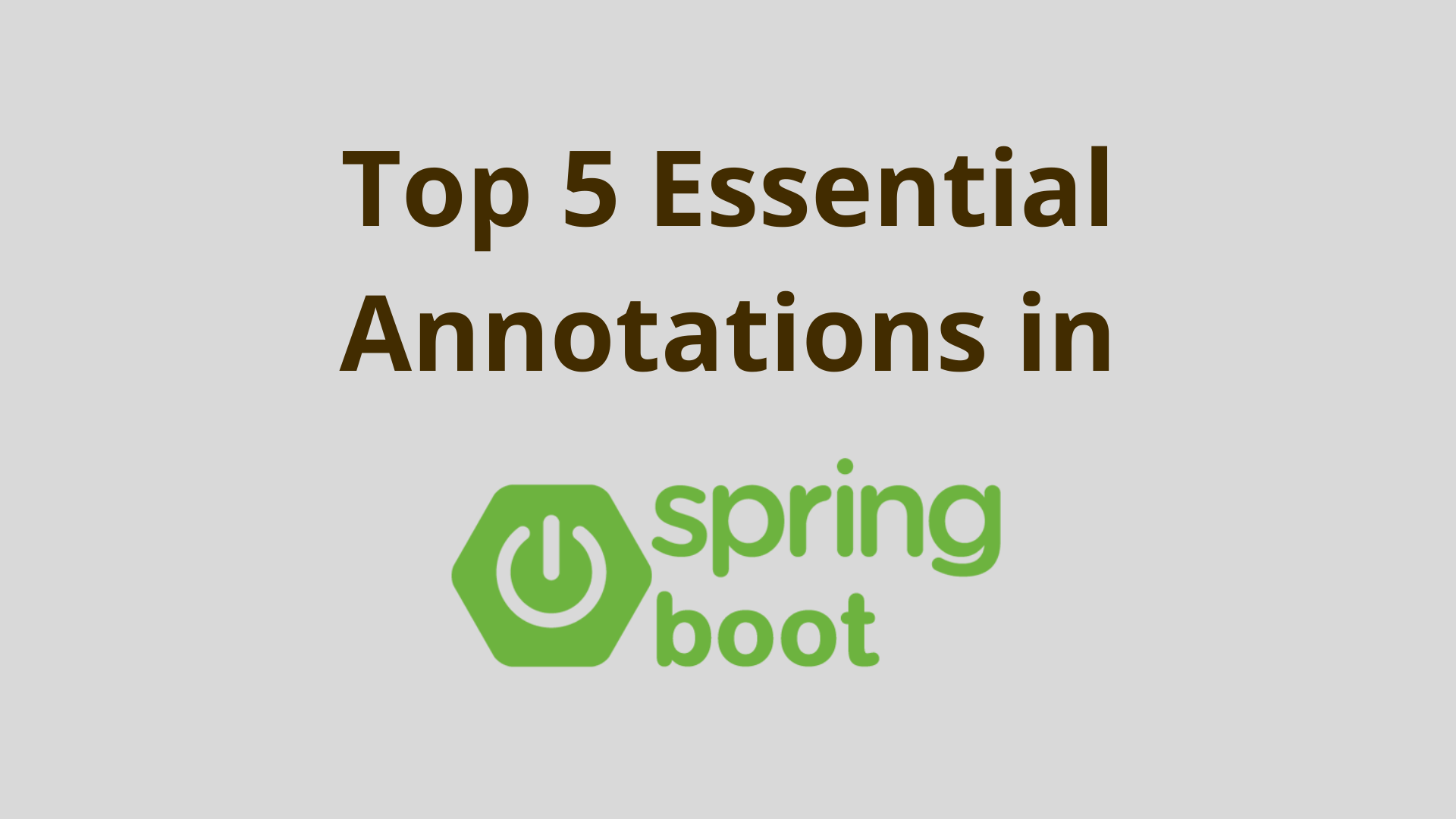Secrets To Landing Your First Job As A Java Developer

ADVERTISEMENT
Table of Contents
- Introduction
- The Salary Of A Java Developer
- Skills Required To Get Hired As A Java Developer
- Best Places To Look At To Get A Job As A Java Developer
- Landing A Job As A Java Developer
- Additional Brownie Points For Securing A Ton Java Developer Position
- Wrap Up
Introduction
Java ranks second in the list of the world's most popular programming languages and has a market share of 16.79%. Java powers thousands of web apps, servers, and android applications like Wikipedia Search, Minecraft, and many more. Top tech companies and organizations like Tesla and NASA rely on Java to drive their core applications and systems.
Java is also popular in the open-source community. It is the second-most used language in GitHub Projects. So, you can rest assured that Java developers will always be in demand. But how can you land a job as a Java developer? Let us show you how.
The Salary Of A Java Developer
An average Java developer can earn up to $94,408 in the US. In Eastern Europe and Latin America, an average Java developer hourly rate is about $43 according to YouTeam.
In general, the Java developer salary lies anywhere between $79K and $106K depending on various factors like educational qualification, certifications, years of experience, additional skills, and similar job-related parameters.
As Java programming has got a good demand, you can expect a good level of appraisals and hikes throughout your tenure in any reputed company for a Java development profile. But you have to remember to keep your skills sharp and keep yourself updated on the latest Java updates to go farther in your career.
Here is a simple rundown on the skills and knowledge you need to qualify for any Java development job opportunity.
Skills Required To Get Hired As A Java Developer
Get down with the basics of Java programming and make sure you are proficient with the environment required for Java development. How long does it take to learn Java depends on your learning abilities and constant practice.
So, what can you do with Java? From developing application servers to web apps, mobile applications, desktop applications, and enterprise applications - Java can help you do a lot. This brings us to the next question - what should a java developer know? Well, it is crucial to understand the Java core principles, ecosystem, and how the applications are compiled. Here are some basics you should be aware of:
-
Java ecosystem: Get a clear understanding of core Java, web frameworks, and libraries such as Struts, Spring Boot, Maven, Gradle, Ant, JUnit, Spock, and Hibernate, and others.
-
JVM and Memory Management: Understand how Java handles memory management and garbage collection to make sure you can write efficient and space-optimized applications.
-
Object-Oriented Programming: Understand the basic concepts of object-oriented programming, such as data abstraction, inheritance, and polymorphism. Try to understand and implement object-oriented design patterns using Java.
-
Work with data: Get familiar with the in-built data structure libraries and efficient ways to code complex data structures and algorithms using Java. Also, learn how you can create, manage, and handle database connections.
-
Familiarity with Amazon Web Services (AWS): Amazon Web Services is a leading cloud technology used by many organizations to run their enterprise and business solutions. Java applications such as servlets can be primarily used to connect and manage AWS services via APIs. Learning about AWS services and how to handle them with Java can be a great advantage to your job hunt.
-
Soft skills: Every programming job requires you to have good communication skills for easy collaboration and project management. Hone up on your communication and leadership skills to shine in your job and bring value to the business.
These were some of the skills required for a Java developer.
Best Places To Look At To Get A Job As A Java Developer
As you keep learning and honing your skills, you should start applying for entry-level Java developer jobs. Here are some places you can start looking at:
-
Top companies websites: Probably you have a dream company, and maybe even not only one. Make a list and keep track of them. Most tech companies who want to hire Java developers, post their job openings, and internship opportunities on their home website under the careers section. Go through the list of opportunities available and apply to the position you desire to work for. Keep checking these sites regularly for any new opportunities.
-
Freelance portals: Portals like Upwork, Fiverr, Developers For Hire, and so on offer an easy way to access available short-term, or contract-based Java development works. But you should remember that the verification or the authenticity of the employer from these portals would mostly fall on your own hands. Do check up on previous profiles and reviews to decide whether you want to work with an employer for a freelancing job.
-
Job boards: Professional job boards like GitHub jobs, Angel.co, and Product Hunt, can be used to conduct a narrowed-down search for Java development job profiles.
-
Event communities: Popular tech conferences and events like coding contests and hackathons provide you an opportunity to showcase your Java skills and thus lead to possible offers from top tech companies. Such events are well-known for their networking opportunities. And even though presently most events are held online, networking remains one of the most important features but in a slightly new form.
-
Online dev communities: Keep an eye on job postings made on online dev communities like GitHub, Reddit Java community, tech forums, and so on to become early applicants to Java developer jobs. Being an active member of such communities will make you visible to recruiting managers. Only remember to build your personal brand on these forums in a smart way.
Landing A Job As A Java Developer
If you have been on the job hunt for a while now, you probably understand that not all applications get picked. Even when you have all the skills and qualifications, a few factors come into play when your profile needs to be shortlisted for a job. Here are some ways to stand out from the crowd and showcase your skills intelligently.
-
Make your CV is precise and attractive: Make sure your CV is designed specifically for the job you are applying for. Highlight your Java programming skills and experience. Keep your CV short, precise, and easy to read. Structure the information in a readable and easy to understand manner.
-
Practice soft skills self-assessment: After a few rounds of technical screening, or during the first face-to-face interview, the thing most interviewers look for is communication proficiency and your soft skills. Test yourself on your problem-solving skills, flexibility, work prioritizing, team management, and collaboration skills to come off as a reliable person who can get along well and work within a team. Make use of self-assessment tools like questionnaires and testing tools to prepare for the interviews.
-
Be prepared for hard technical evaluation: Before you go through a recruitment process, make sure you touch upon all the basic Java programming syntax and methodologies. Remember that you cannot use Google for answers, and so, try to solidify your programming fundamentals and be prepared to answer any hard technical skill assessment questions. Quizzes and tests for verifying Java proficiency - prepare beforehand by searching for common Java interview questions on the internet. Online coding tests - get familiar with automated coding test environments like codility, hackerrank and practice sample Java programming questions. Participate in hackathons organized by big companies as these hackathons may be used as an entry point for certain positions or internships. Try to go through previous interview reviews from other candidates and avoid any common mistakes you learn about.
Additional Brownie Points For Securing A Ton Java Developer Position
Sometimes, you need to go the extra mile to make sure you fare better than your competition. Here are some tips to stay ahead of the competition.
-
Keep building up your skills: Continue to study and practice the latest Java updates and programming concepts. Make use of online sources to get regular updates on the latest tech innovations and developments. There are plenty of how-to guides that will illustrate how exactly some technologies can be used. Building a Spring Boot application on Elastic Beanstalk or creation of a Node.Js module - the possibilities are endless.
-
Share your progress: Be part of a nurturing development community where you can share your knowledge. Be active on knowledge repositories and code forums like Stack Overflow, Github, Hacker Rank, and so on. You can also write your tech blogs and share information and interact with your readers.
-
Do not cease working on Java projects: Keep Applying your skills to actionable products, so you have hands-on experience on the latest Java concepts. You can apply for small tasks and projects even without payment but make sure the employer permits you to use your code as an example of your work.
Wrap Up
We hope this article has provided insights on how to become a developer. Java programming is currently in high demand as Java remains one of the world's top programming languages. But qualifying for a good Java developer role for good pay requires constant effort, efficient job search, and a lot of practice.
Start applying and keep practicing to improve your soft skills, tech skills, and hands-on experience on Java projects. Be active on your job search and keep contributing to the Java developer community.
Final Notes
Recommended product: Coding Essentials Guidebook for Developers




